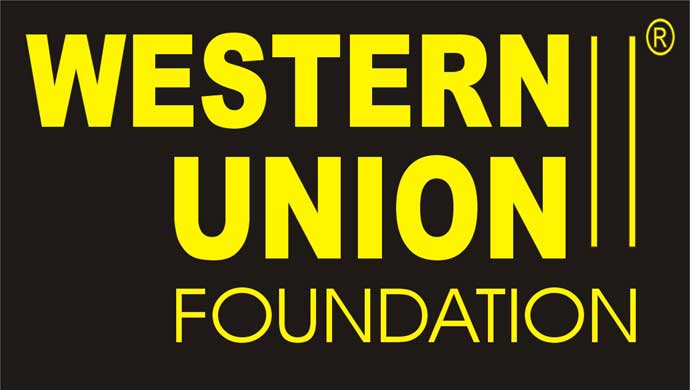- Western Union Foundation giving priorities to strengthen healthcare systems
- Foundation has announced a total commitment of $800,000

The Western Union Foundation has announced a commitment of an additional USD $300,000 in the global fight against COVID-19, making the combined funds pledged by Western Union and the Western Union Foundation USD $800,000.
The Western Union Foundation giving priorities have been updated to include strengthening healthcare systems around the globe that are serving some of the world’s most vulnerable populations, including refugees and migrants. Additionally, the Foundation will continue to support local and global nonprofit organizations providing access to essential services including hunger relief, medical training, education, supplies and equipment for frontline healthcare workers
Major global non-governmental organizations to benefit from the giving include the UN Foundation COVID-19 Solidarity Response Fund, Give2Asia, International Medical Corps and in the U.S. the Chicago Community COVID-19 Response Fund.
In February, Western Union and the Western Union Foundation announced a one million dollar global matching challenge, with a commitment to match up to USD $500,000 in the fight against COVID-19 making personal, corporate, employee and Agent donations go further in this fight. The deadline for the global matching challenge has been extended through May 15.
Elizabeth Roscoe, Global Head, Corporate Brand and Purpose, and Executive Director, Western Union Foundation said,
“Working with Western Union Agents, customers and employees to make their dollars go further demonstrates the power of collaboration in supporting displaced and marginalized communities around the globe during the COVID-19 pandemic. We are humbled and eternally grateful for the commitment of all frontline workers who continue to show up each day to deliver essential services in these unprecedented times. They are the heroes of our time.”
The Western Union Foundation is focused on supporting marginalized and displaced communities, including migrants and refugees. These vulnerable populations are less likely to have access to the information, medical assistance and supplies needed to combat this virus. It is critical we work with partners that are supporting these individuals so the coronavirus can be both contained and treated, as well as respond to acute community needs like food insecurity brought on as a result of COVID-19.